In Focus
China dead set on becoming world leader in cleantech
China dead set on becoming world leader in cleantech
A new report outlines China’s determination to lead the world in cleantech or green technology.
Pakistan to get 1,500MW from alternative energy
Pakistan will generate over 1,500MW power for the national grid by next year with more than 30 alternative energy projects in the pipeline.
Japan's thermal plants unstable
Fears of problems at thermal plants resulting in sudden blackouts have prompted the Japanese government to prepare for rolling power cuts.
China building world's largest capacity transmission line
A record-setting ultra-high voltage direct current (UHVDC) transmission line will transmit up to 8 million kW upon completion in 2014.
Philippine govt wants to keep Mindanao hydro plants
A bill has been filed in the Philippine Senate seeking to maintain government ownership of the Agus-Pulangui hydropower plants in Mindanao.
China considering quota system for renewable energy
Preventing a waste of renewable energy is behind China’s plan to protect this vital resource.
Singapore's moves further towards green energy
Singapore’s ambition to become a cleantech hub receives a big boost.
Pakistan's hydropower generation increases sharply
Hydropower generation in Pakistan has witnessed a sharp increase to 4,019 MW.
Vietnam notes huge RE potential
Vietnam plans to generate 11% of its energy from renewable sources by 2050 from only 5% today.
Pakistan spends $176M to speed up hydropower project
Pakistan's Water and Power Development Authority has agreed to buy two tunnel boring machines for the Neelum Jhelum Hydropower project.
SE Asia’s largest submarine power cable to transmit electricity by 2013
The 110KV Ha Tien – Phu Quoc submarine cable system project will soon commence and is expected to be completed in 2013. Southern Power Corp. or EVNSPC and Italian-based Prysmian Powerlink Group have signed a contract for its execution, supply and installation. Upon completion, the 55.813km cable system with a capacity of 131MVA will be the longest of its kind in South-East Asia. The project has an estimated investment of US$118 million jointly funded by a World Bank loan and EVNSPC capital. “Ha Tien – Phu Quoc 110KV submarine power cable project is aimed at increasing capacity of power supply for Phu Quoc in order to contribute turning Phu Quoc into an important economic special zone and a high-quality tourist region of the whole country,” said Nguyen Thanh Duy, EVNSPC chairman and general director. The agreement was signed by Pham Ngoc Le, EVNSPC’s deputy general director, and Marcello Del Brenna, CEO of Prysmian Group, witnessed by leaders from the Government Office, Ministries and Sectors from central government, Kien Giang Province, Vietnam Electricity Corporation, and representatives of the Italian Embassy to Vietnam. “This development will imply more projects to be implemented in the island, more international investments to come to Phu QUoc and clearly also power usage will increase,” said Marcello Del Brenna. For more, click here.
Sembcorp now a player in China’s wind industry
Singapore-based Sembcorp Industries acquires its first wind farms in China.
Japan goes nuke-free for the first time since 1970
Japan shuts down its last working nuclear power reactor this weekend leaves Japan without nuclear power for the first time since 1970.
China's newly installed wind capacity falls
Overcapacity and oversupply have dampened the growth of China’s wind power industry.
Ho Chi Minh City wind farm to be built
It’s a go for a massive wind power hub that will supply Ho Chi Minh City in Vietnam with 200MW of power.
Pollution is the price of growth in China
China’s economic growth will continue to be fast—and dirty.
Singapore should do more to push RE use
Renewable energy use remains insignificant in Singapore but a more resolute political will could change that.
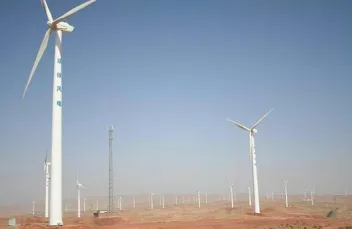
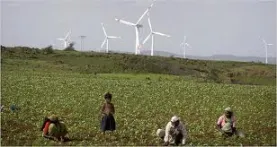
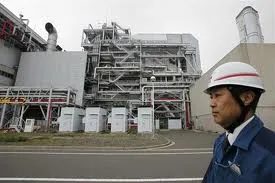
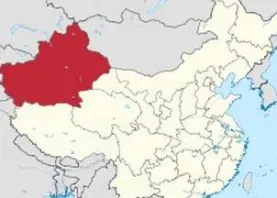

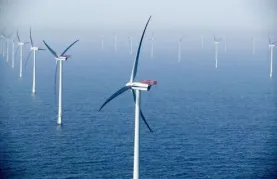
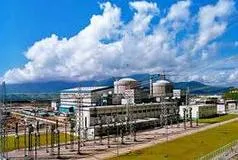
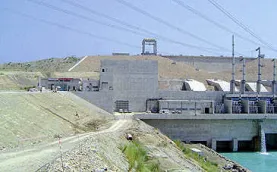
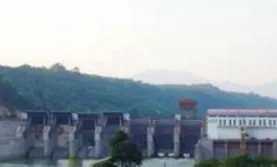
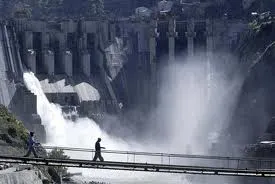

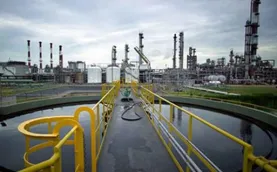
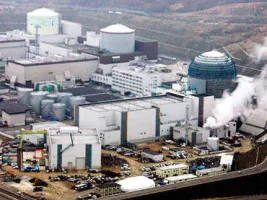
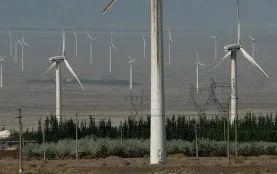
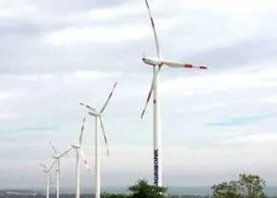



 Advertise
Advertise

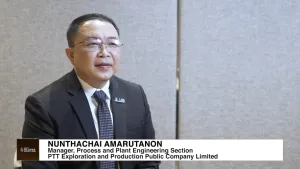

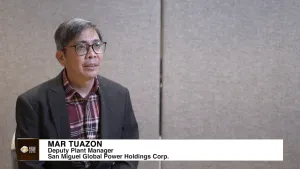
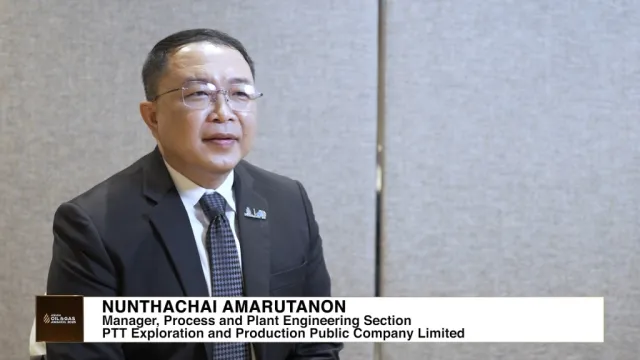

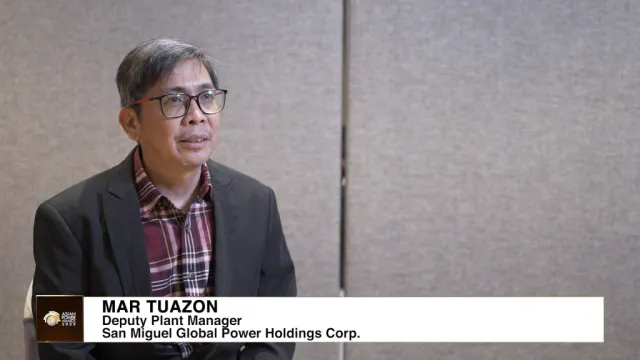
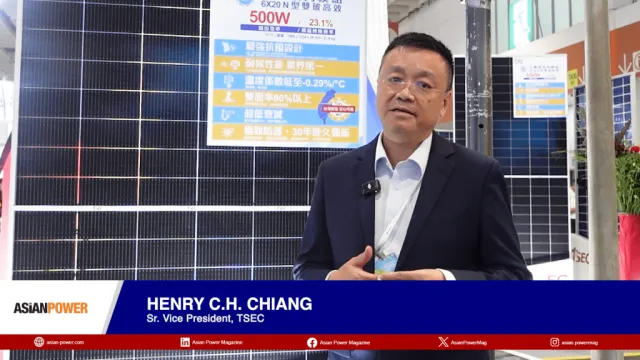







Commentary
How pump retrofits boost profitability and efficiency in ageing power plants